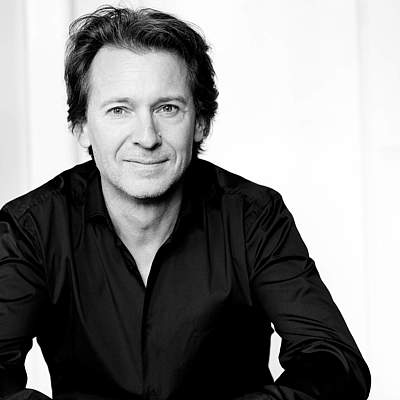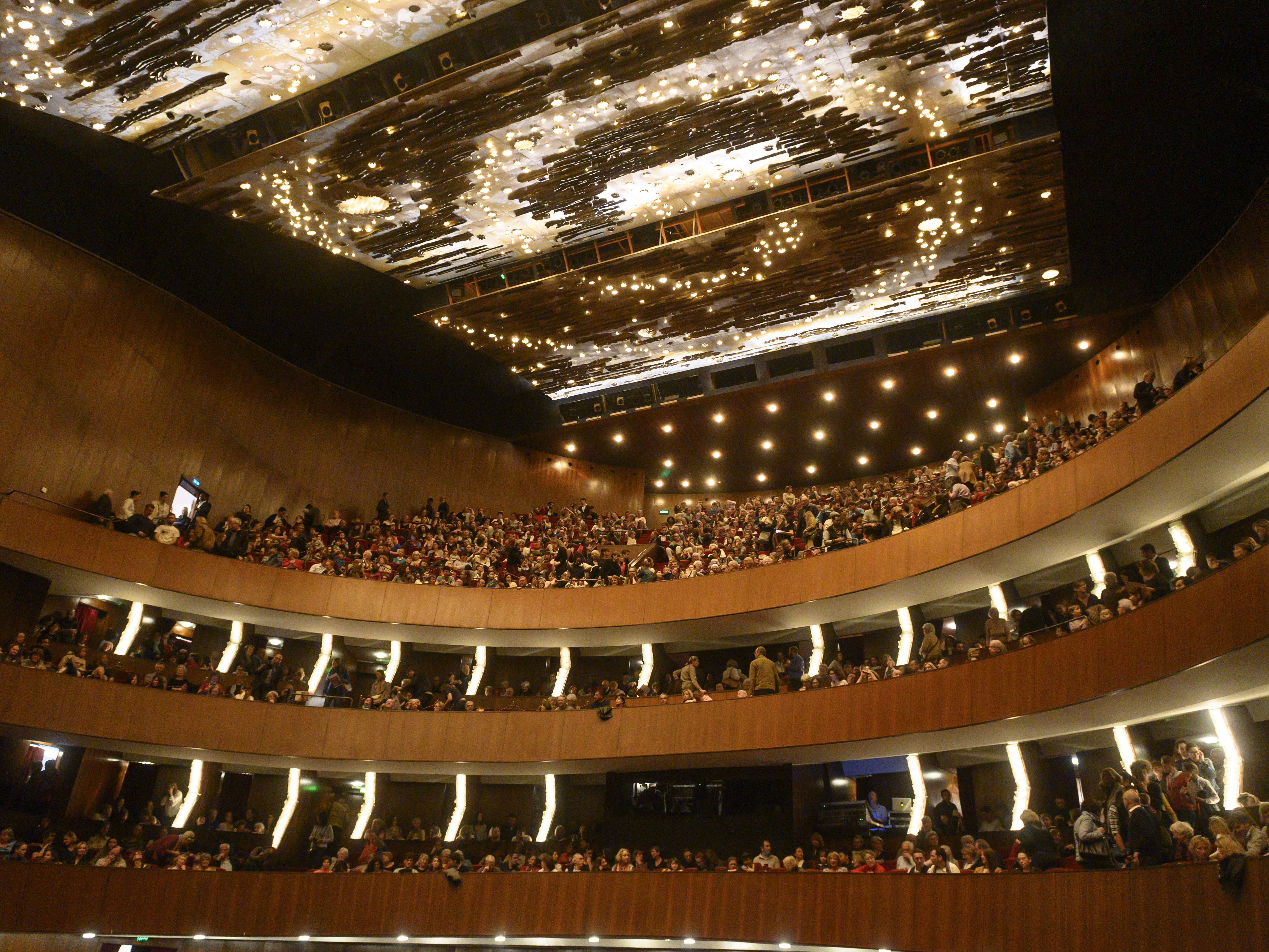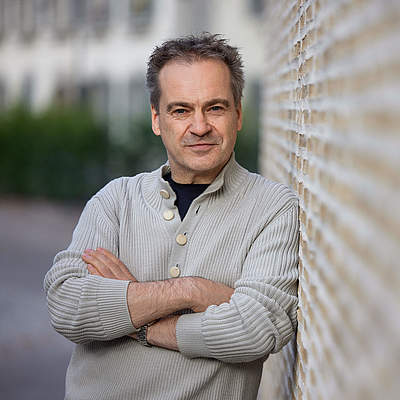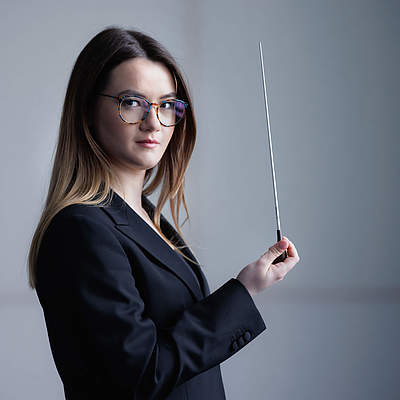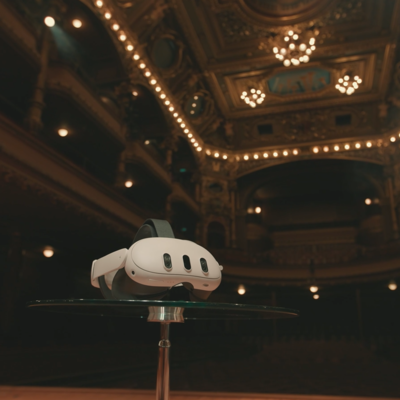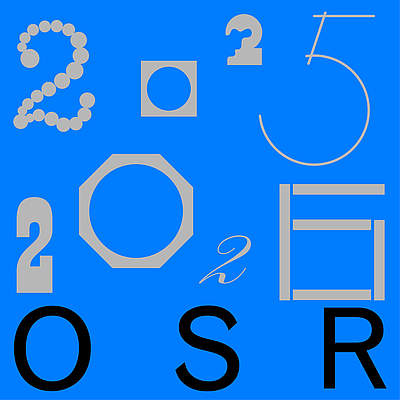Please consult GTG.CH for all performance times
Tristan und Isolde
Opera by Richard Wagner
Sunday
15.09.2024
17:00 — Grand Théâtre de Genève, Geneva
Artistic partner
Friday
27.09.2024
18:00 — Grand Théâtre de Genève, Geneva
Artistic partner
Programme
Marc Albrechtconductor
Tristan und Isolde
Opera by Richard Wagner
Libretto by the composer
First performed at the Königliches Hoftheater und Nationaltheater in Munich on 10 June 1865
Last time at the Grand Théâtre de Genève in 2004-2005
New production
Coproduction with the Deutsche Oper Berlin
Sung in German with French and English surtitles
Duration: approx. 5h15 with two intermissions
Musical Director, Marc Albrecht
Stage Director, Michael Thalheimer
Scenographer, Henrik Ahr
Costumes designer, Michaela Barth
Lighting Designer, Stefan Bolliger
Dramaturgy, Luc Joosten
Choir director, Mark Biggins
Tristan, Gwyn Hughes Jones (15.09, 22.09, 27.09) / Burkhard Fritz (18.09, 24.09)
Isolde, Elisabet Strid
Marke, King of Cornwall, Tareq Nazmi
Brangäne, Kristina Stanek
Kurwenal, Audun Iversen
Melot, Julien Henric
A young sailor, a shepherd Emanuel Tomljenovic
Steersman, Vladimir Kazakov
Grand Théâtre de Genève Chorus
Orchestre de la Suisse Romande
The music
This new season opens with one of the grand monuments of Richard Wagner’s oeuvre and one of the greatest love stories of all time: Tristan & Isolde. The genesis of Tristan seems undeniably linked to the private life of its author. Wagner began composing it in Zurich in 1857, while he was staying at the property of his patron, the wealthy banker Otto Wesendonck, and succumbing to the charm of the beautiful Mathilde… who was none other than his host’s wife. Eight years later, he entrusted Tristan‘s premiere to conductor Hans von Bülow, whose wife Cosima had just given birth to a little… Isolde, Richard’s daughter. Wagner sublimates his forbidden loves through the Celtic legend of Tristan and Yseult, which medieval literature elevated to myth status. The score brings the passion between the melancholy knight and the indomitable princess to the point of incandescence, using unresolved chromaticism as a philtre of unfulfilled desire. The ‘infinite melody’ spreading from the voice to the orchestra leads the work almost hypnotically to its final climax: Isolde’s Liebestod, the ultimate sacrifice of love.

